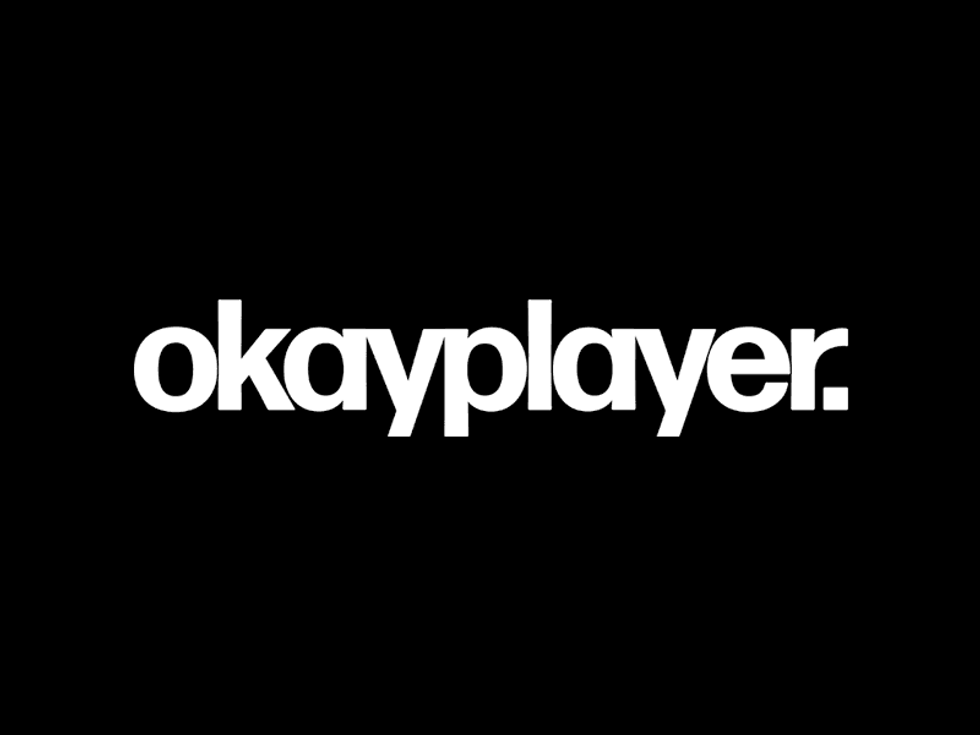When did the first seeds of Social Music begin to develop?The first idea to put together the Social Music record come from the process of organically developing the sound of Stay Human—and we did that through live performances and other recording sessions. So really it’s been a two-and-a-half-year process.
What do you think makes music inherently social?
Well I’ll tell you a story. When Stay Human first got together in this ensemble, we would play for free in the subways just to immerse ourselves into the social consciousness of New York City. When you go into a subway car for instance, there are people who would never converse or connect with each other outside of that experience of having to travel together and be two inches away from each other. It was a huge lesson for us and it also informed the style of music that we play. Social music is a genre. The reason that I named the album “social music” was to also designate what it is that Stay Human plays as a style of music. It’s about the intent of the music and that intent is that we want people to come together. We want people who are from different backgrounds and different places to come together through this live music experience.
Do you have a favorite experience of performing in a non-traditional setting?
Absolutely! In the Lower East Side we’ve caused a lot of ruckus playing in Katz’s Deli or playing out in Long Island at the beach. We always call these things Love Riots. It’s a riot, but it’s not negative. When we play it’s on a high level musically of course, but the impact that it has on people is almost ritualistic. It brings people together like a community. It represents the vibe of what we want our performance to be.
The last time that happened in the Lower East Side, there were cops that had to come on horseback because everybody had gathered in the middle of the street—it was about 300 people. We played for about an hour before the cops had to come in their big trucks and scatter everybody. It was surely a love riot though.
With this social music, does it change how you play if you have an audience in front of you as opposed to just being in the studio with the band?
Well social music is all about coming up with a musical concept as all artists do, which is a montage of all of these musical traditions. But it’s not just an eclectic blend; it’s our blend and our recipe. So the concept of bringing all of these musical genres and traditions into this blend is to bring as many people into the fold as we can. There’s a spirit of inclusiveness. If you don’t like jazz but you like rock or whatever there will still be something in it for you. The live performance is the magnifier of that sentiment. So when we’re onstage and we’re performing for people, this concept is being documented live through the experience. Whereas when we’re in the studio, we’re just documenting the concept and the philosophy of the music, but it’s not in action. When we’re playing for people, it’s in action. There’s an exchange that makes it that much more palpable.


